INDIA — Gospel for Asia (GFA World and affiliates like Gospel for Asia Canada) founded byDr. K.P. Yohannan – Discussing how amid COVID-19 the staff at GFA’s Bridge of Hope centers work hard to provide the necessary food and sanitation items to neighbors in need.
COVID-19 has upended the lives of many in Asia, especially the children. Lockdowns have shut down schools and made it nearly impossible for parents to work. Numerous daily wage laborers, who depend on their day-to-day earnings for food, have found themselves immediately unable to feed their children and themselves.Staff at GFA’s Bridge of Hope centers, an after-school program for children, work hard to provide necessary food and sanitation items to neighbors in need.
A Deviation from the Norm
Traditionally, Bridge of Hope centers aim to serve a village by serving the children of the village. Children enrolled in the program, many of whom are from impoverished backgrounds, come to the centers after school for tutoring and other activities.
The centers partner with families and schoolteachers to provide for students’ needs, offering a hot meal, regular medical checkups and uniforms. Students also participate in community service projects and presentations, which benefit the whole community. In this way, children are better prepared to succeed in their studies as well as in their adult lives.
During this unique time, the work of Bridge of Hope staff looks much different. Classrooms have been turned into food packet assembly lines and distribution centers—or “community kitchens.”
Vital Impact on Those without Food
One Bridge of Hope center in Chennai—a densely populated region in the southeastern peninsula of India—prepared meals for 60 people. The center’s workers distributed the meals throughout their village, risking their own health to make sure the packets were placed in the hands of those who had no food to eat.
Another center purchased rice, vegetables, oil, toothpaste and soap. Staff assembled the packets for families living in a nearby colony. Following police guidelines, the center’s coordinator traveled door to door, passing out the bundles of food and supplies to 10 grateful families.
For many who received them, these packets were the only source of food available to them. They were stranded at home, unable to work or buy basic necessities.
“I am thankful to Bridge of Hope for helping me to get food packets. I am old and … due to the lockdown, unable to go for any work,” one woman explained.
She received one of 50 food packets given to daily wage laborers and parents of Bridge of Hope students.
Staff at a Bridge of Hope center in Maharashtra, India, prayed for a way to help the poor in their community. Their prayer was answered when they received a phone call from a woman in their district: She had bought 225 food packets. She entrusted them to the Bridge of Hope workers to make sure they were put into the hands of those in her community who needed them most.
“Thank you for your help,” staff heard throughout the delivery. “Your God is a good God. We know that you are Christians, and that is why you are doing this kind of good work for us.”
While the need for food is ongoing throughout the COVID-19 pandemic, so are the efforts of Bridge of Hope workers across Asia. They are resilient in their mission to demonstrate the love of God by providing for the immediate physical needs of their students’ families, their neighbors and their regions.
- سيعجبك أيضاً







Recent Comments